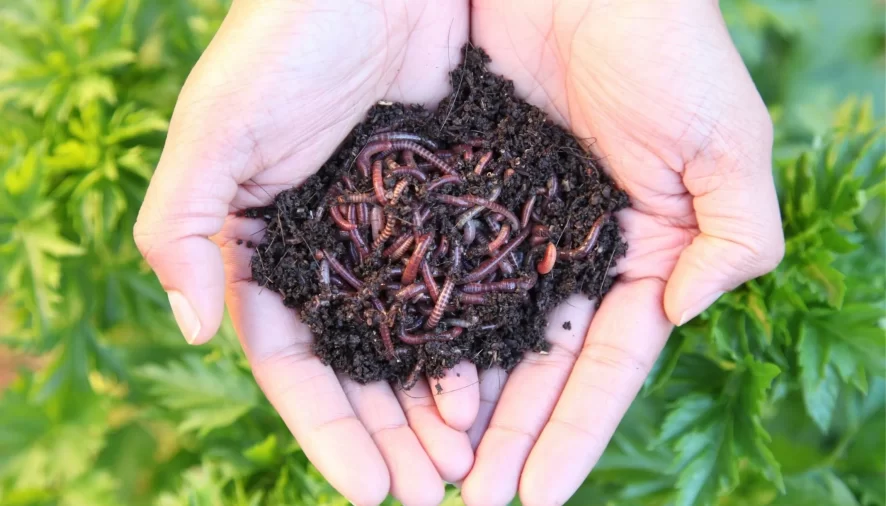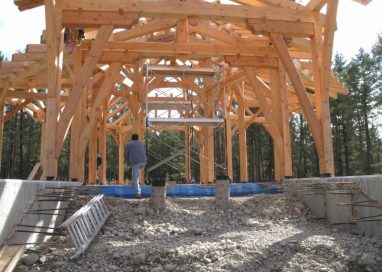Worm Casting -How To Administer It?

The final product of vermicomposting is called worm castings, and it includes billions of beneficial microbes and micronutrients from your discarded food that are great for your plants. You can check out Vers L’avenir for your composting needs. You can use your castings for the following things:
Assign them to your plant and vegetation.
- You can top dress or blend it in, using two tablespoons per houseplant. A tiny amount can go a long way.
- Add 20% worm casts to your soil mix for seedlings and plants that need to be repotted.
Create a liquid fertilizer.
Warm tea can be made by combining a few handfuls of castings with 2 L of water and occasionally stirring for 24 hours. Sieve the solids out, then use the remaining liquid to irrigate your plants. It is an amazing method to add water-soluble nutrients to your plants.
Sharing the bounty
- You can share the extra castings with a friend, neighbor, or the nearest community garden so they, too, can experience the power of worm castings!
- Adopt the trees outside your home and show them some love and care by fertilizing them.
Castings can be kept in a ventilated container for a few months. Make sure it is not too dry or chilly because that will stop the microbial activity and make it less helpful for your plants.
Properties of worm castings
- Organic materials and nutrients: Castings from worms contain a lot of organic stuff and slowly release nutrients derived from the food they consume. Anything you put in your worm bin comes out through the castings.
- Bacteria: Castings include a wide variety of microbes in them! In your worm bin, microbes aid in the breakdown of food as well as other plant materials. Even after the worms have consumed all of them, they are still present in the castings. This implies that casts are, in fact, living things.
Vegetation growth hormones:
- Humic acid, fulvic acid, and plant growth hormones are also present in castings.
- Castings administered to your plants will cause them to:
- quicken the rate of
- have stronger, bigger roots
- higher output
- more flavorful profile
- larger, more numerous, and more chlorophyll-containing leaves
Waste is not produced by nature:
The circular economy of nature is demonstrated by composting. A society where food is the unit of exchange. Plants and animals crossing the bridge and falling to the forest floor become food for bacteria, worms, and other living things (such as microorganisms) that consume the decomposing debris. This breakdown breaks down complex molecules into smaller, nutrient-rich fragments in the soil, which are then used by plants to grow.



















